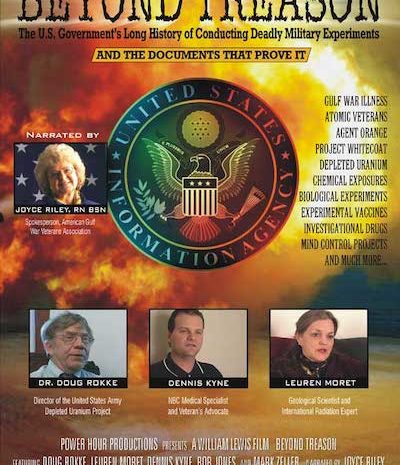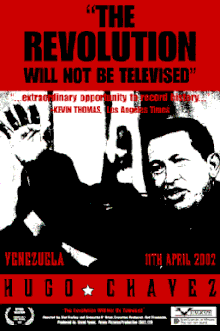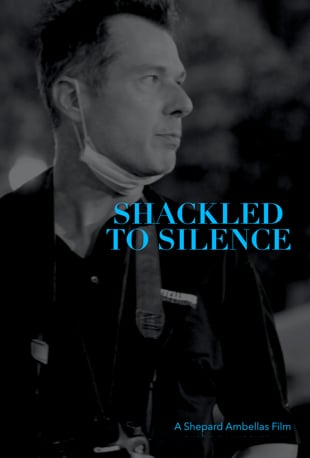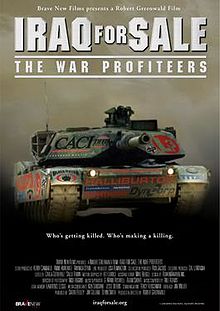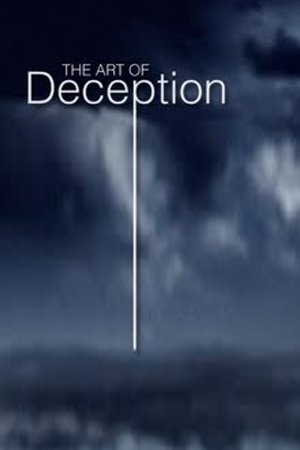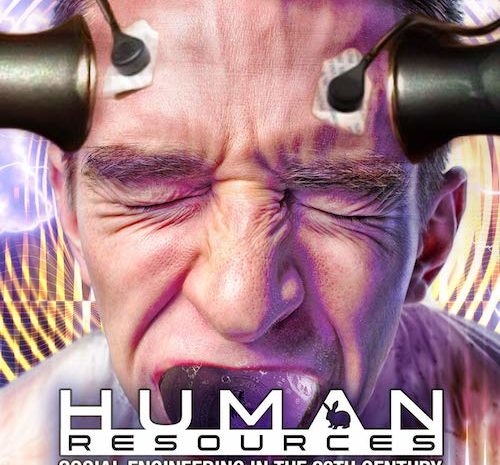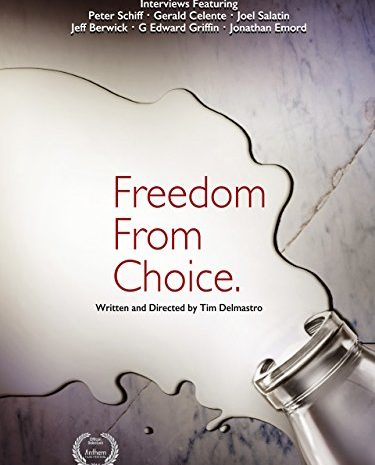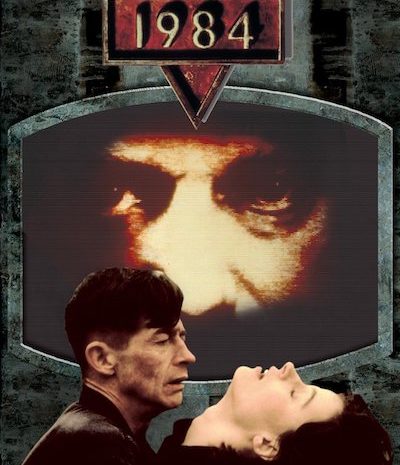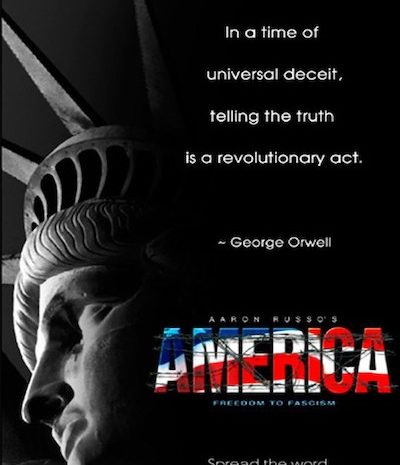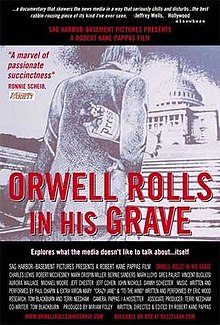Beyond Treason (2005)
This extremely powerful 89 minute film presents comprehensive documentation from United States Government archives of a massive cover-up, including military and civilian experimentation, dating back over 60 years. As ailing Gulf War Heroes from all 27 coalition countries slowly die of “unknown causes,” they wait for answers from their respective governments, but no satisfying or even credible answers have come forth from the military establishment.

